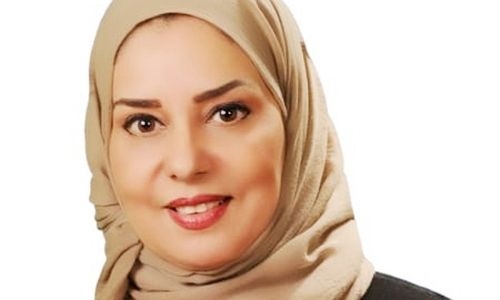Speaker proposes law regulating virtual assets in Bahrain
TDT | Manama
The Daily Tribune – www.newsofbahrain.com
Bahrain Parliament Speaker Fawzia bint Abdullah Zainal yesterday tabled a proposal for creating a legal framework for businesses related to virtual assets in the Kingdom. “This would enhance the strategy of economic diversification and support the transformation of the Kingdom into a global investment centre in the digital economy and virtual assets,” said the Speaker, adding that the proposed law aims at attracting more foreign investments and entrepreneurs to the Kingdom.
Zainal said the law serves the idea of not relying on oil products as a primary source of public revenue. Dubai, last month, has adopted a law that regulates virtual assets, including cryptocurrencies such as Bitcoin and non-fungible tokens. The digital economy contributes about 4.3 per cent to the UAE’s gross domestic product.
The Dubai Virtual Asset Regulatory Authority (VARA), which will be established under the new law, will regulate the sector throughout the emirate, including special development zones and free zones, but excluding the Dubai International Financial Centre. Zainal affirmed that the proposed law would uplift the Kingdom’s aspirations of comprehensive development, which, in turn, calls for creating an appropriate legislative climate.
National Economy, Speaker said, has its basis on social justice and fair cooperation between public and private activity for “economic development and the prosperity of citizens, all within the limits of the law.” The Speaker stressed the proposed law is consistent with the economic principles of the Kingdom and the National Action Charter.
“Foremost of which is the principle of economic freedom, and the economic system based on individual initiatives, the freedom of capital in investment and movement, as well as the principle of diversifying economic activity and sources of national income based on non-discrimination.” The proposal comes also as the global adoption of cryptocurrencies has soared across low-, middle- and high-income countries in recent years.
Related Posts

